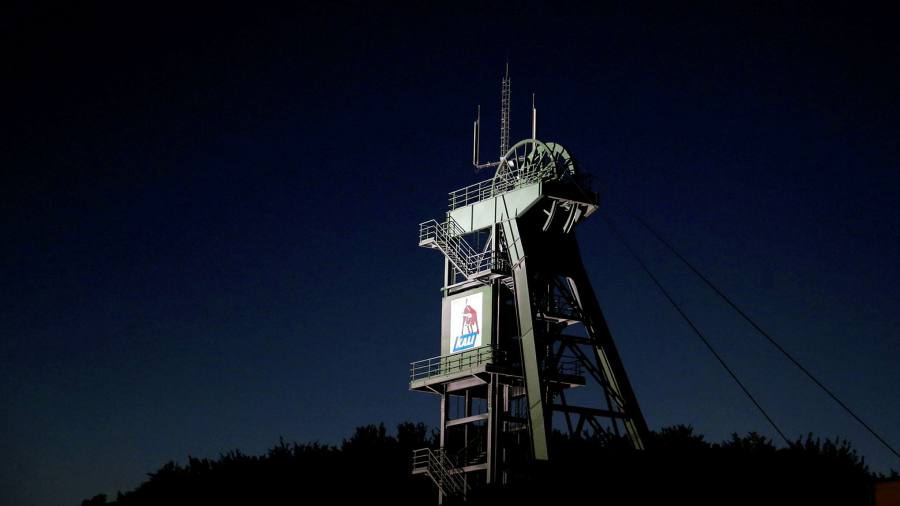Potash/grains: prices out of sync with fundamentals

The rising tide of commodity prices is lifting the ricketiest of boats. High prices for fertiliser mean that heavily indebted potash producer K+S was able to report an unusually strong first quarter on Tuesday. Some €60m has been added to the German group’s full year ebitda expectations to reach €600m. Its share price has gone back above pre-pandemic levels.
Demand for agricultural commodities has pushed prices for corn and soyabeans from decade lows to near decade highs in less than a year. Chinese grain consumption is at a record as the country rebuilds its pork herd. Meanwhile, the slowest Brazilian soyabean harvest in a decade, according to S&P Global, has led to supply disruptions. Fertiliser prices have risen sharply as a result.
But commodity traders have positioned themselves for the rally to continue for some time to come. Record speculative positions in agricultural commodities appear out of sync even with a bullish supply and demand outlook. US commodity traders have not held so much corn since at least 1994. There are $48bn worth of net speculative long positions in agricultural commodities, according to Saxo Bank.
Agricultural suppliers may continue to benefit in the short term but fundamentals for fertiliser producers suggest high product prices cannot last long. The debt overhang at K+S, almost eight times forward ebitda, has swelled in recent years after hefty capacity additions in 2017. Meanwhile, utilisation rates for potash producers are expected to fall towards 75 per cent over the next five years as new supply arrives, partly from Russia.
Yet K+S’s debt swollen enterprise value is still nine times the most bullish analyst’s ebitda estimate, and 12 times consensus, this year. Both are a substantial premium to its North American rivals Mosaic and Nutrien, and OCI of the Netherlands, even after their own share prices have rallied.
Any further price rises in agricultural commodities will depend on the success of harvests being planted in the US and Europe. Beyond restocking there is little that supports sustained demand.
Our popular newsletter for premium subscribers Best of Lex is published twice weekly. Please sign up here.




